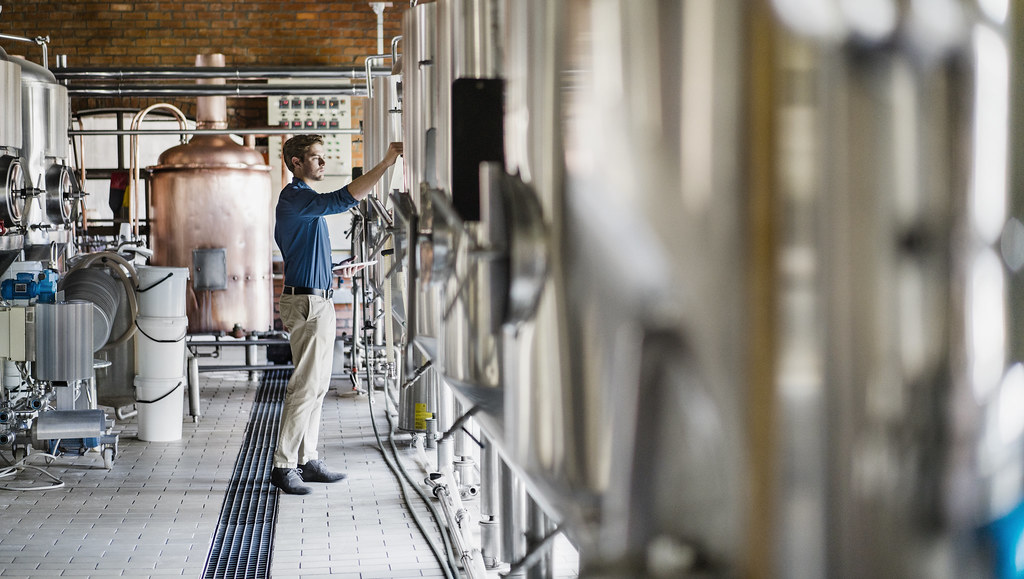The challenge
Filtration company Parker Domnick Hunter manufactured organic vapour removal filter units based on granular adsorbents. However, the company's research and development team was keen to use new regenerative technology to develop a reusable filter capable of removing oil vapour contaminants from air.
This type of filter is crucial for applications in the food and beverage, pharmaceutical manufacturing and microelectronics sectors, where the presence of oil vapour can lead to the spoiling of products.
The solution
Bath's Department of Chemical Engineering has significant experience of developing energy-efficient, easy-to-use regenerative carbon and ceramic composite structured materials to remove pollutants, or for the recovery and reuse of valuable materials.
Using this expertise - and working closely with Parker’s research and development team - our researchers worked to develop a prototype filter that includes activated carbon hybrid monoliths. This provided a unique opportunity to improve product recovery, with a reduction in the size of filter bed as well as the amount of energy required.
Benefits and outcomes
The development of regenerative filters will mean fewer contaminated filters are discarded, allowing industry to overcome environmental issues related to waste generation. Ultimately, this project should lead to new product development for Parker Domnick Hunter, with the market benefits and increased job opportunities associated with such research and development.
